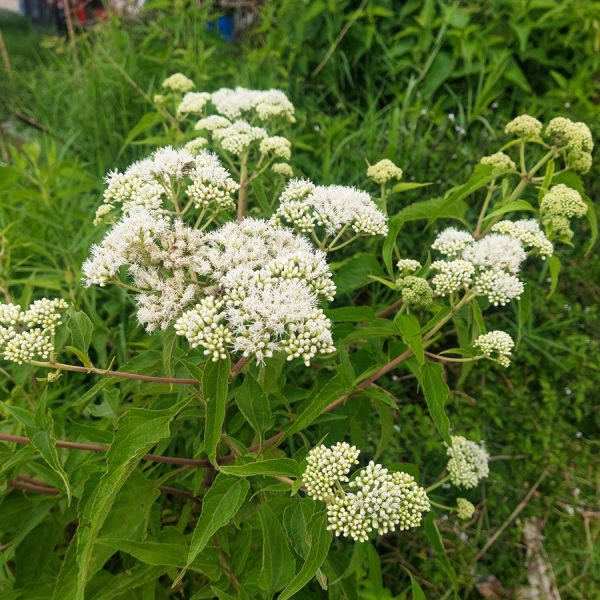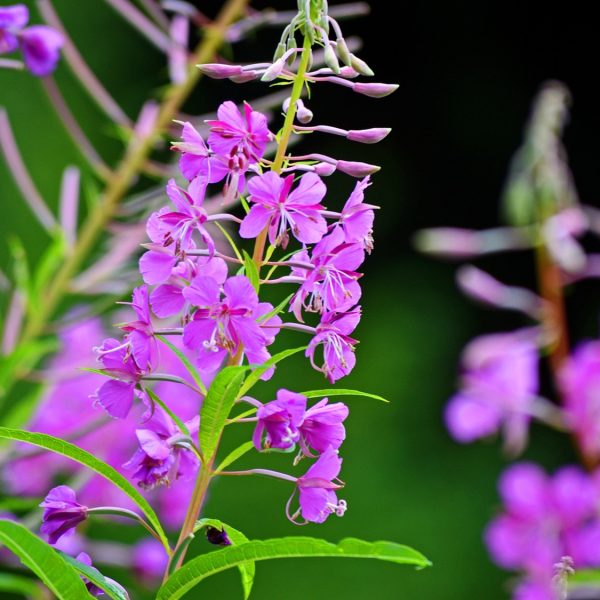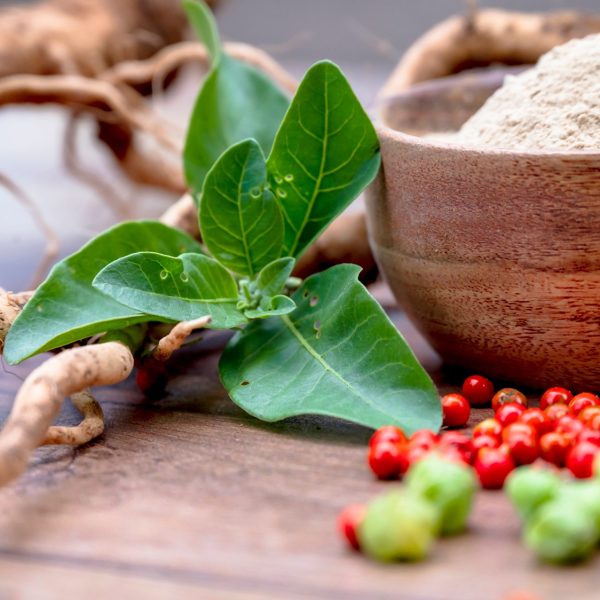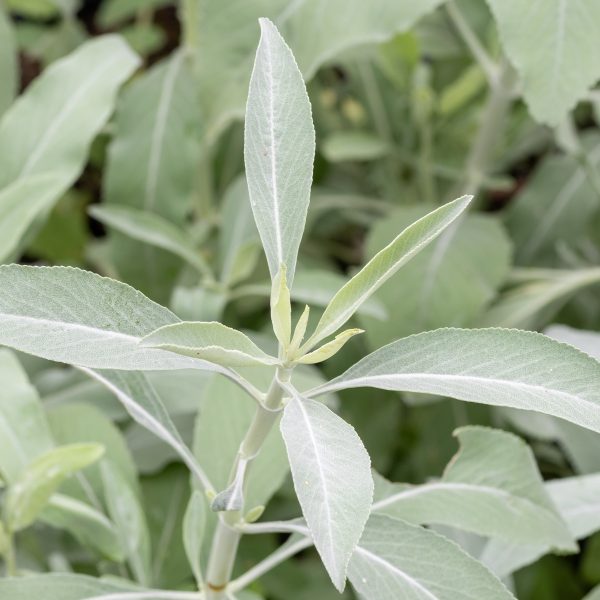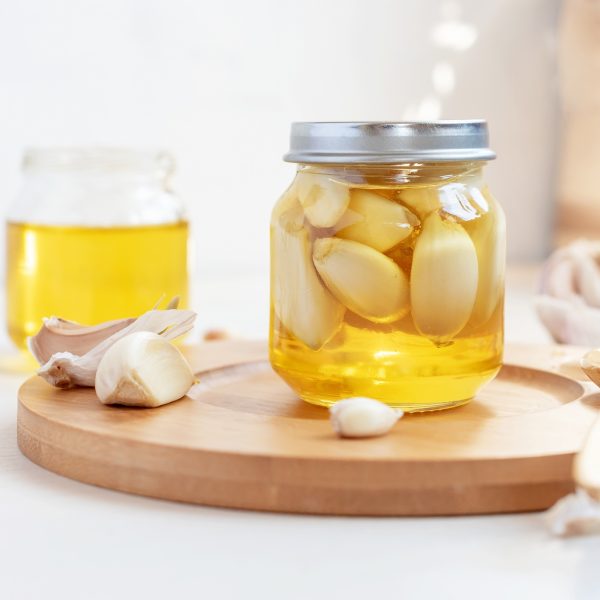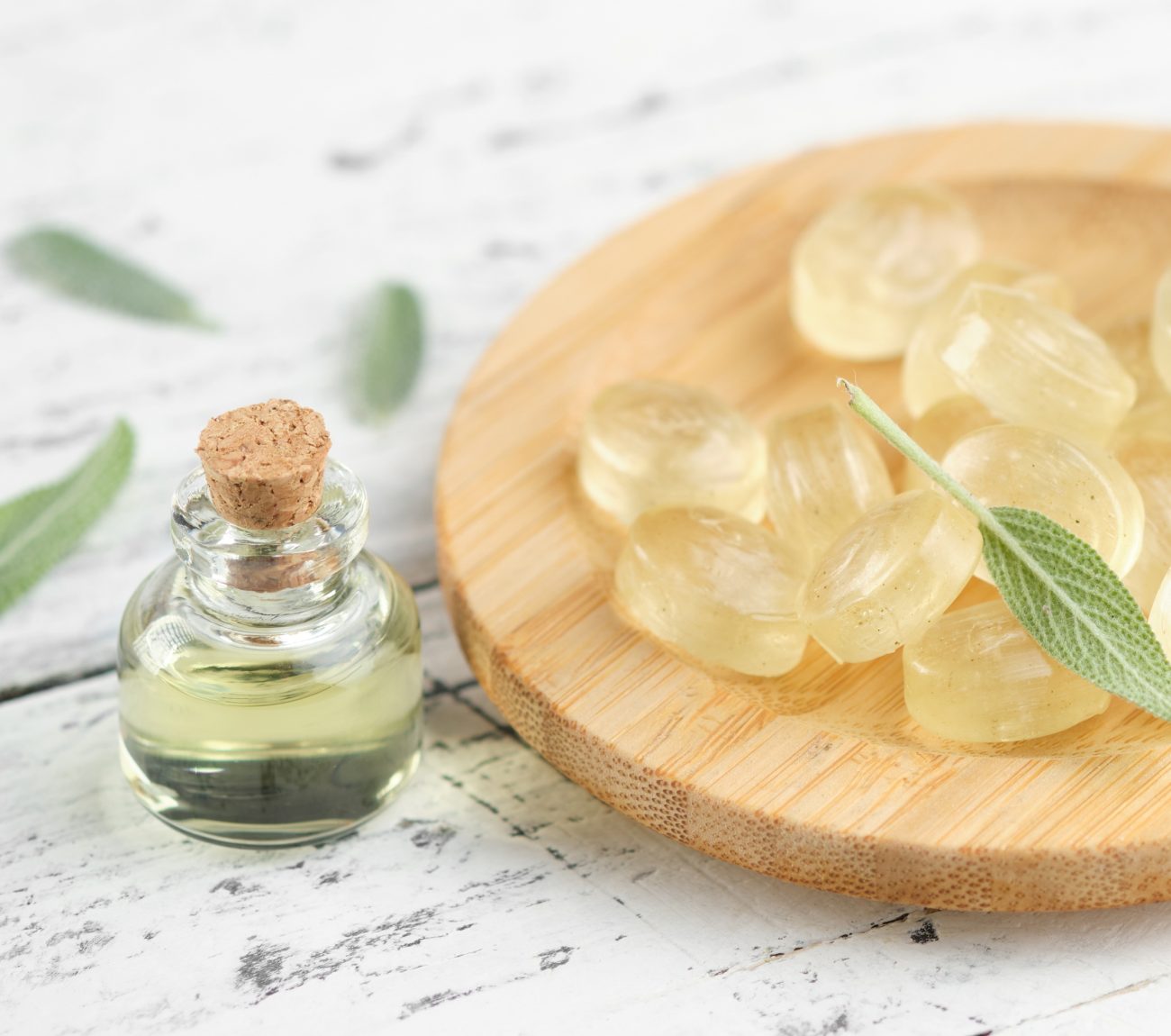
1 hour preparation | Makes 30 – 40 lozenges | Beginner level | Vegan alternatives
These soothing herbal cough lozenges are an essential addition to the home herbalist’s medicine cupboard. They are suitable for the whole family and help to ease chesty, tickly coughs, chest infections, and colds, as well as soothe sore throats (1).
The combination of elderberry (Sambucus nigra), marshmallow (Althaea officinalis), ginger (Zingiber officinale) and thyme (Thymus vulgaris) not only helps to soothe inflamed mucous membranes in the throat, but helps to dry excess mucus in the lungs, ease breathing and reduce inflammation. Elderberry, thyme and ginger all also have antimicrobial properties that support recovery from infection (1,2).
This simple recipe makes up to 40 lozenges that can be stored for use throughout the winter season.
Ingredients
- 20 g dried elderberries
- 10 g dried marshmallow root
- 5 g dried or fresh ginger root
- 3 g dried thyme
- 60 ml local raw honey
- 60 ml gelatin (or substitute for agar at same volume)
- 350 ml filtered water
- Silicon moulds or baking paper
- Dusting of marshmallow root powder
How to make herbal cough lozenges
- Combine the herbal ingredients and the water into a saucepan and simmer gently for 15–20 minutes.
- The liquid will have reduced slightly to roughly 250 ml. Strain the mixture.
- Add the honey and gelatin/ agar and stir until dissolved.
- Place 5–10 ml (1–2 tsp) per lozenge into silicone moulds or gently drop onto baking paper.
- Leave to cool and set. Placing them in the fridge can accelerate this process.
- Dust the lozenges with marshmallow root powder to prevent them sticking together.
- Once the lozenges have set, store them in an airtight container in the fridge.
- The lozenges can be used at the first sign of a tickly throat, as well as throughout the day to soothe coughs, colds and sore throats.
How to store your homemade herbal lozenges
Lozenges should be stored out of direct sunlight, in a cool, dark place (ideally in the fridge to extend the shelf life).
They will last for up to six months if stored in the fridge, or three months in a cupboard. Check before using and discard them if they show signs of mould or decay.
Medicinal benefits of herbs in lozenges
- Elderberry is a potent antioxidant, rich in anthocyanins with an additional antiviral effect. Elderberry inhibits viral replication and increases the production of antibodies whilst also modulating pro-inflammatory cytokines to help protect and recover from viral infections (3).
- Marshmallow is rich in mucilage which is anti-inflammatory and offers protective and soothing effects on mucous membranes in the throat and respiratory system. It forms a protective layer which helps to calm irritation and the cough reflex (4).
- Thyme is rich in volatile oils, thyme also has antispasmodic actions specific to the bronchial tubes, helping to relieve coughs, bronchitis and upper respiratory tract infections. It is also an expectorant and helps to reduce mucus, whilst also exhibiting antiviral properties (2,5).
- As a warming expectorant, ginger helps to break down mucus and reduce coughs and colds. It also has antimicrobial activity, helping to protect against bacteria and viruses and accelerate recovery from an infection (2,6).
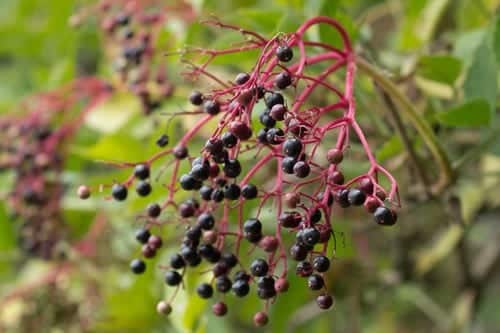



FAQs
What herbs can you use for herbal cough lozenges?
In addition to the elderberry, marshmallow, thyme and ginger, other herbs that could be included are liquorice, cinnamon or rosemary.
Are herbal cough lozenges suitable for children?
They can be used by the whole family including children, but beware of the choking hazard with small children.
References
- Bone K, Mills S. Principles and Practice of Phytotherapy: Modern Herbal Medicine. 2nd ed. Edinburgh Churchill Livingstone, Elsevier; 2013.
- Mcintyre A. Complete Herbal Tutor : The Definitive Guide to the Principles and Practices of Herbal Medicine (Second Edition). Aeon Books Limited; 2019.
- Torabian G, Valtchev P, Adil Q, Dehghani F. Anti-influenza activity of elderberry (Sambucus nigra). Journal of Functional Foods. 2019;54:353-360. https://doi.org/10.1016/j.jff.2019.01.031
- Fink C, Schmidt M, Kraft K. Marshmallow Root Extract for the Treatment of Irritative Cough: Two Surveys on Users’ View on Effectiveness and Tolerability. Complementary Medicine Research. 2018;25(5):299-305. https://doi.org/10.1159/000489560
- Dauth S, Schäfer SMG, Klippstein M, et al. Effect of thyme-ivy syrup on antiviral immune response in patients with mild COVID-19: a prospective, open-label, randomized pilot study. Frontiers in Medicine. 2025;12. https://doi.org/10.3389/fmed.2025.1672794
- Ayustaningwarno F, Anjani G, Mutiara Ayu A, Fogliano V. A critical review of Ginger’s (Zingiber officinale) antioxidant, anti-inflammatory, and immunomodulatory activities. Frontiers in Nutrition. 2024;11. https://doi.org/10.3389/fnut.2024.1364836

